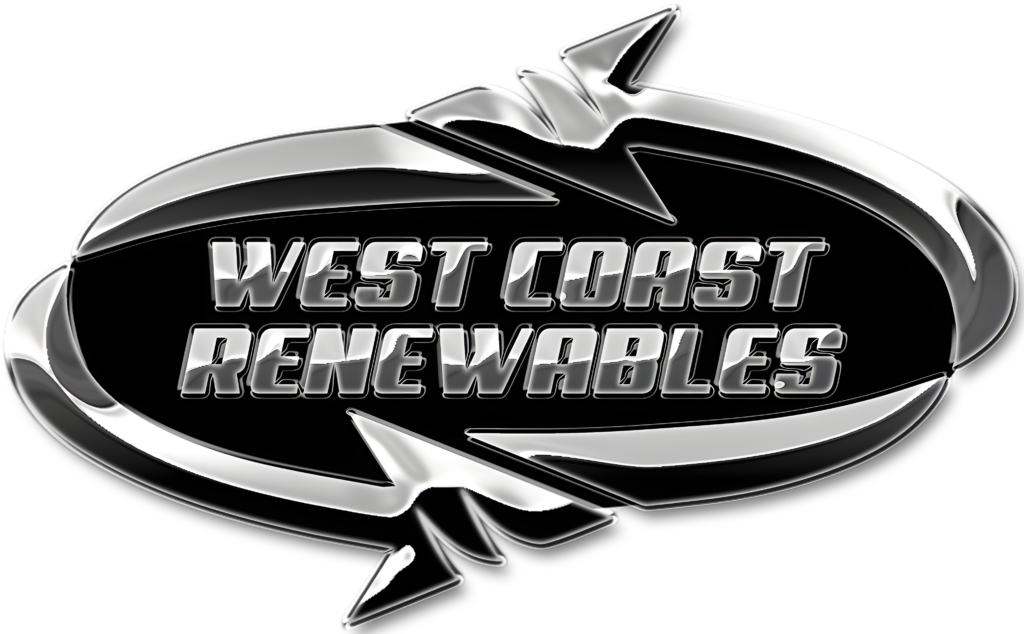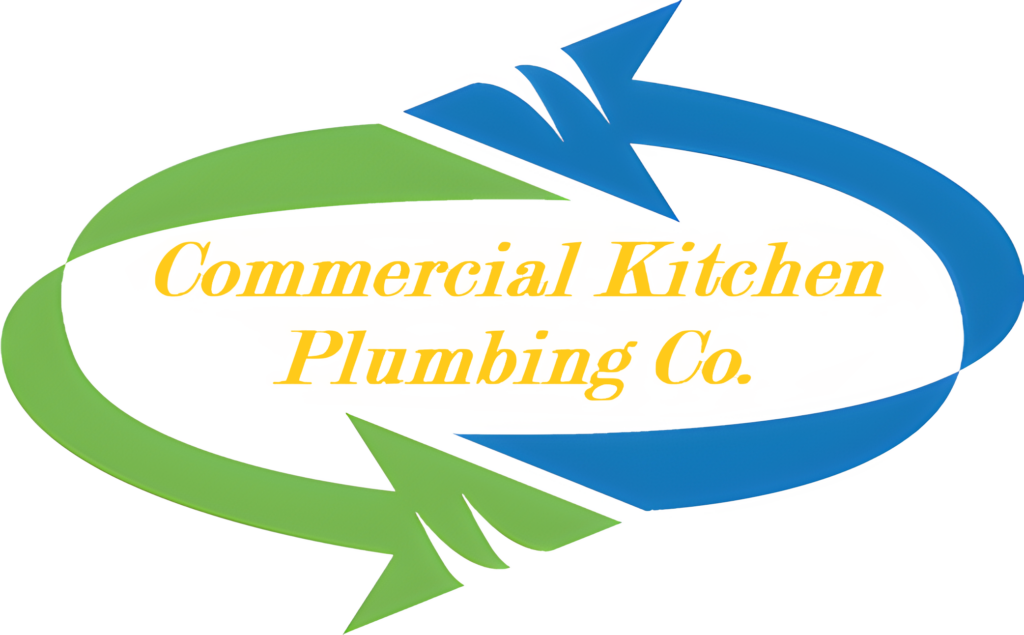Bellevue has made a major effort to curtail the discharge of waste into public sewer systems and waterways. In line with the goals of the Clean Water Act, The City of Bellevue has implemented strict policies regarding the implementation of preventative measures to reduce or eliminate the introduction of various pollutants into Publicly Owned Treatment Works (POTWs). This includes policies to better manage the production of fats, oils, and grease (FOG) from its restaurants and various other food service establishments.
Federal and Local FOG Prohibitions
Like several cities in King County, Bellevue has shaped its FOG Regulations and Municipal Code around the Code for Federal Regulations (40 CFR 403.5(a) and (b)) outlined by the EPA and the King County Municipal Code (KCC 28.84.060). Both of these places major limits and prohibitions on waste discharge into POTWs.
Bellevue Municipal Code states all restaurants, cafés, and any other FOG producing establishment are required to have appropriate pretreatment devices installed, including grease traps (BCC 24.04.213). The type of grease trap required for a facility is dependent on the volume of FOG it produces. According to Bellevue Utilities:
- High-volume facilities such as full-menu restaurants, hotels, and school kitchens are required to have higher-capacity grease traps such as a Gravity Grease Interceptor (GGI).
- Low volume facilities such as fast-food or take-out restaurants are only required to have a lower capacity grease trap, such as a Hydromechanical Grease Interceptor (HGI).
- Medium volume facilities grease trap requirements vary depending on facility size.
Similar to other municipalities, Bellevue Utilities recommends reassessing your grease trap maintenance schedule if FOG levels regularly exceed 25% of your grease trap tank capacity.
FOG Best Management Practices
The City of Bellevue has long been at the forefront of developing responsible and economical FOG best management practices (BMPs) for restaurant owners and managers. Dumping oil, pre-rinsing dishes, and putting solid food waste down the drain increases both the rate at which your grease trap fills and the likelihood of a clog or overflow. This can bring a functioning kitchen to a grinding halt. Developing and enforcing reasonable management practices for the collection and disposal of FOG will not only minimize waste discharge but can also help to minimize maintenance costs.
We at West Coast Renewables share Bellevue’s belief that effective FOG management starts with comprehensive BMPs. We not only provide repair and maintenance service for your grease traps but will also work directly with you to develop BMPs specifically tailored to the needs of your kitchen. Let us be a part of your FOG management solution. Call us today!

